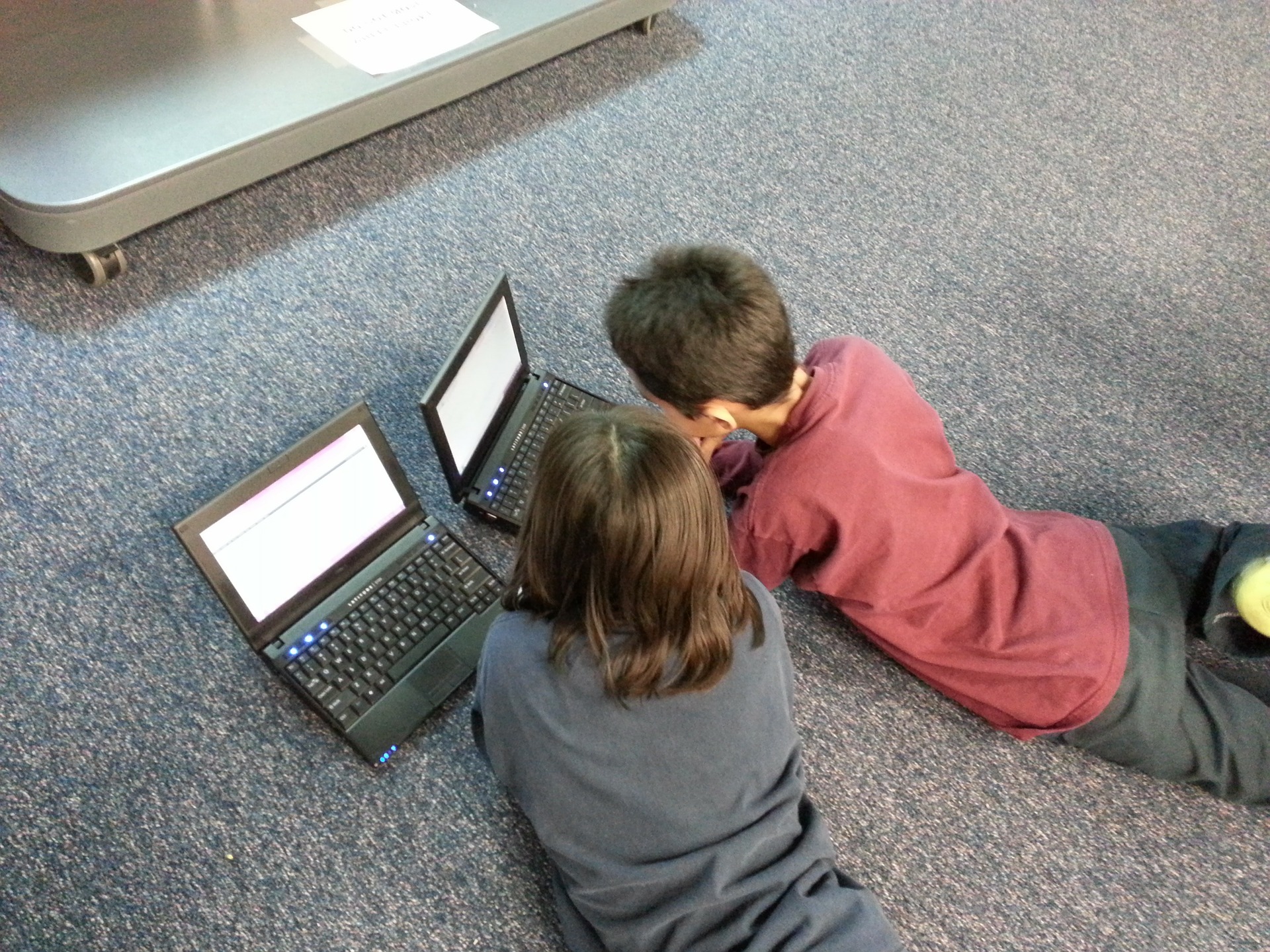800 million internet users today are children – that’s over a quarter of all the internet users in the world. The so-called ‘millennial’ generation is smart, fast and quick to master the tricks of the trade when it comes to digital technology.
But children are also the most vulnerable to new forms of harm and abuse such as trolling, cyberbullying, sextortion and grooming for sexual exploitation. That’s why a pioneering congress – “Child Dignity in the Digital World” – on the fight against online child sexual exploitation and abuse is to be hosted by the Pontifical Gregorian University’s Center for Child Protection in October.
Prof. Hans Zollner SJ, President of the Center for Child Protection spoke to ‘Rome Reports’ about how the congress aims to provide an opportunity to exchange knowledge and good practice on the risks and prevention as children navigate this new digital world.
Professor Zollner explained that what triggered the need for such a forum is the understanding that while the internet is a very precious instrument for communication and for connecting people, it brings with it many risks.
“One of the major risks is the abuse of minors on the internet by the dissemination of sexual images and videos, and the use and abuse of this instrument in social media also by young people themselves” he said.
Zollner said that one phenomenon that is growing steadily is what is called “sexting” in which young people take images of themselves, either naked, or in sexual action, and then they post them on Facebook, Twitter and other social media platforms.
“Once this is out there, these images are downloadable, and people can save them on their gadgets, on their computers or smartphones or tablets” he said.
What this means, he said, is that one can never be sure when such an image will appear, where will it appear, and who is looking at it. He said that so many victims of this kind of abuse are thrown into despair and don’t know how to deal with the problem because they don’t know what has happened to the image, and who will use it.
“Sextortion”, he explained, is when someone uses those images as a sort of ‘revenge’ or to try and extort money from the victims.
“Now there is a growing number not only of the images that are posted but also a major problem is that those who posted, or the images of those who are posted, are younger and younger in age” he said.
Zollner pointed out that the phenomenon is also closely connected to trafficking through the internet: “So you can buy, in one part of the world, images and film of the rape of young children and even babies that is taking place another part of the world. Unfortunately this is increasing with lots of these kinds of crimes being committed. Many people are shocked about it and very few people have any idea of what can be done so that we can avoid this kind of abuse”.
He said these are the reasons that have led the Pontifical Gregorian University and its Centre for Child Protection, to invite experts from different sectors -, from internet companies and providers like Facebook and Twitter to law enforcement experts who try to prevent this kind of abuse and punish those who disseminate this kind of images.
Zollner said the congress will also include participants from the world of science, psychiatrists, psychologists, sociologists who have been working in this field for many years and who have been researching the consequences of people who have been abused, and the profile of online abusers, as well as NGOs and the Church “working together so that we can discuss and possibly work out what can be the means and measures so that young people are protected online as well as in families, in schools, in public, in whatever sports organization, and whatever church activities. Whatever young people are involved in, we need to work together so they are safe, also online”.
Zollner illustrates several existing initiatives and projects and highlighted how they imply a debate on limits to be set, on how the legal definition of limits are interpreted as well as the philosophical concepts regarding free expression, and where does this free expression violate the rights of other people, never forgetting that the internet is a valuable instrument to be used in the best way possible and without causing harm to oneself or to others.
The Centre for Child Protection of the Pontifical Gregorian University is spearheading the congress and working in collaboration with an initiative led by the UK government, called “We Protect” which includes about 40-45 governments. The Italian NGO “Telefono Azzuro” is also a partner in the congress together with other representatives of civil and Church organizations that help young people in difficulty. All this, of course, with the support of the Holy See.
Zollner revealed that Pope Francis readily accepted to receive participants in audience at the end of the Congress, and said that on this occasion a Declaration on “Child Dignity in the Digital World” will be presented to him.
ENDS


